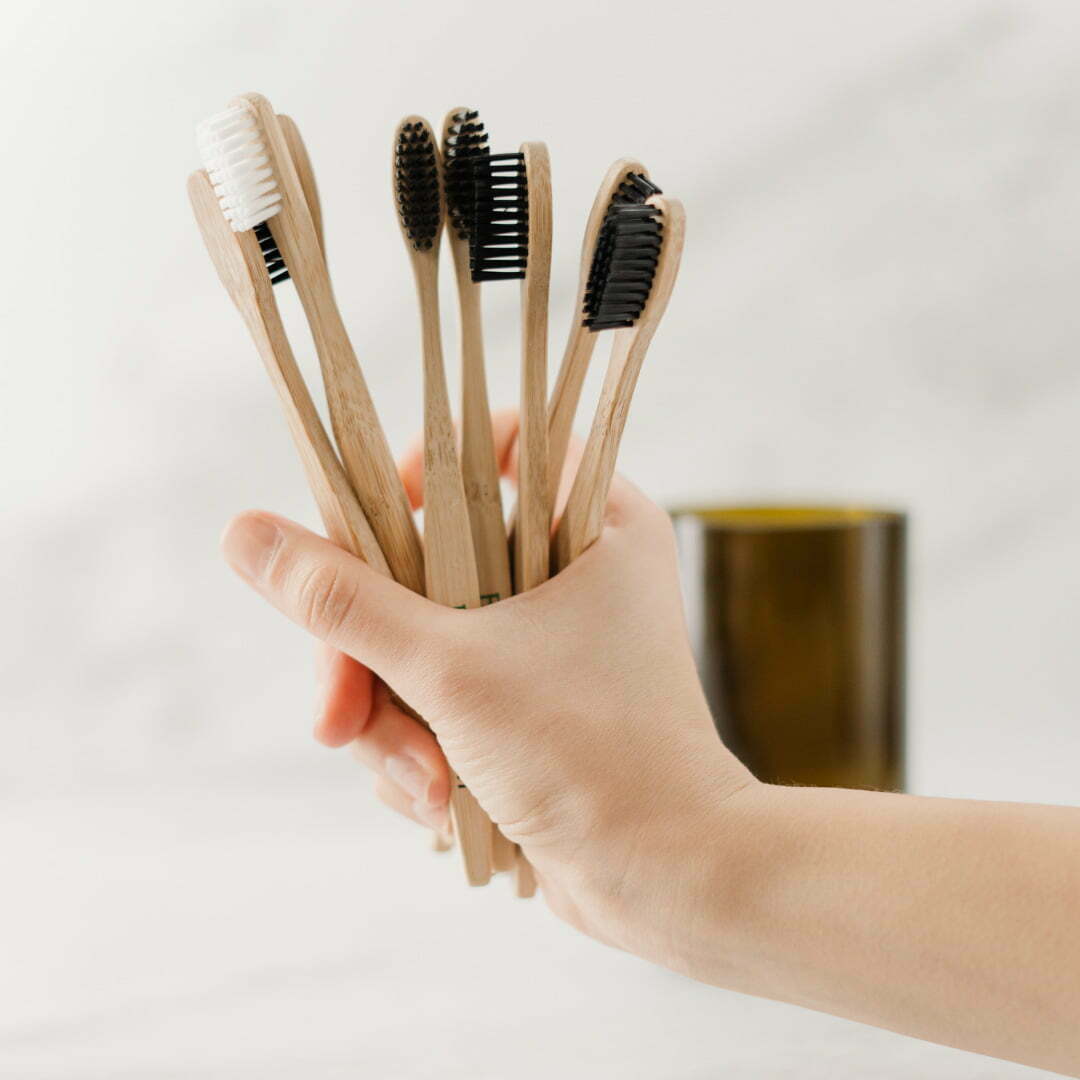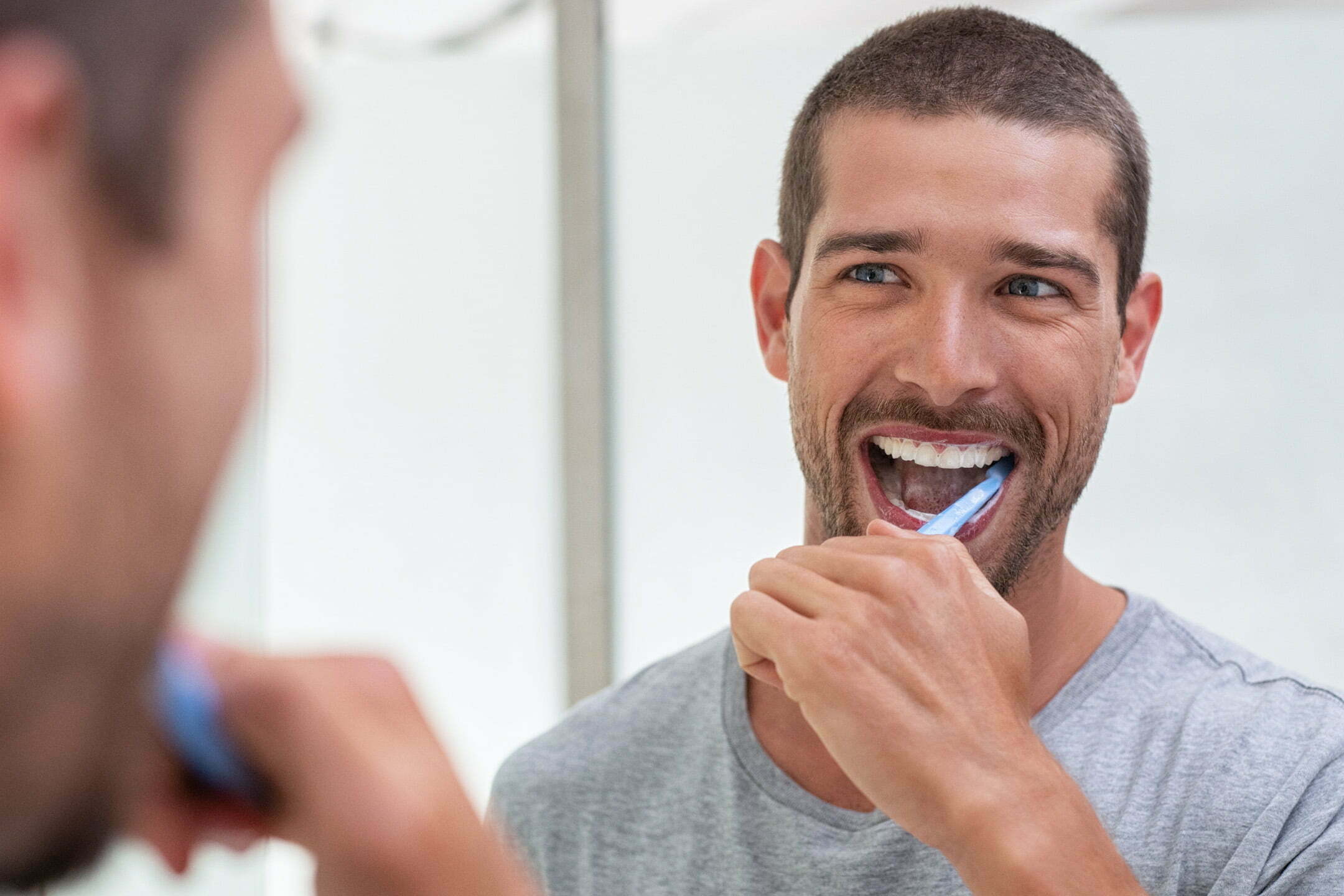When it comes to how you brush your teeth what’s better, manual, or electric?
It can be a difficult and expensive decision to decide what is best for you, so we’ve complied the ultimate guide to manual vs. electric toothbrushes.

Manual Toothbrushes
Manual toothbrushes have been around for a long time and are a tried-and-true technique for cleaning your teeth that works! They may not have all the fancy smart features that many electric toothbrushes have but they are proven to effectively clean your teeth and prevent health issues like gingivitis.
Pros
- You can get a manual toothbrush anywhere you go. This makes it really easy to replace it every 3 months
- They’re super affordable! You can grab a manual toothbrush for as little as $1 depending on where you buy it
- You have more control when brushing your teeth and can adjust pressure easily if you have sensitive teeth or gums.
- Many high-end manual toothbrushes have a handy tongue cleaner on the opposite side from the bristles, making it easy and convenient to clean your tongue and gums
Cons
- You are more likely to brush your teeth too hard which can cause enamel wear and receding gums that can be very painful
- You can easily loose track of time and finish brushing before the recommended 2 minutes, meaning your teeth aren’t as clean as they need to be
Electric Toothbrushes
Electric toothbrushes have been around for a while but are constantly improving with modern technology. In all electric toothbrushes, the bristles vibrate or rotate to help you remove plaque buildup from your teeth and gums.
They can cost anywhere from $20 to over $1000 depending on the brand and quality. This high cost comes from the smart features that they have.
Pros
- Studies show that electric toothbrushes remove more build up and plaque than manual ones, meaning fewer dental issues.
- They have built in timers. From basic electric toothbrushes that tell you when it’s been 2 minutes, to higher end ones that tell you when to move to a different part of your mouth, you are guaranteed to clean your teeth for the recommended 2 minutes.
- They are great options for those with mobility issues as they don’t have to perform a repetitive movement for 2 minutes.
- You are less likely to damage your teeth and gums are you glide the brush over your teeth rather than physically brush.
- Higher-end options have variable speeds and to help reduce pressure on sensitive parts of your teeth and gums.
Cons
- They can be expensive! Not only do you have to pay for the actual toothbrush, but you also then must buy the replacement head every 3 months which can add up.
- You need to charge them. Whether it be batteries or just plugging it in, when they run out of charge it can be very annoying and means you have to wait until they are charged to use them properly.
So, what do I choose?
Ultimately, the decision is best made as to what will suit your lifestyle! Most dentists, including our very own Dr Laura Smit, believe that electric is overall better for your oral health. So, if you can afford it definitely go for the electric! If not, you can still acheive good oral health with a manual toothbrush.
